Журавли
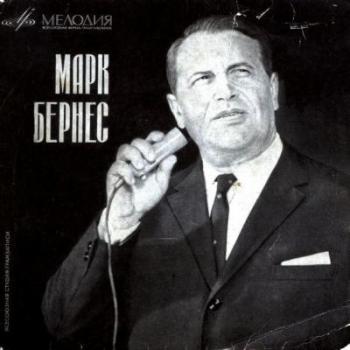
Мне кажется порою, что солдаты, [1]
(Continues)
(Continues)
Contributed by Riccardo Venturi 2006/1/24 - 01:40
Song Itineraries:
Hiroshima and Nagasaki 広島市 - 長崎市
Finnish translation by Arnold Hiltunen
Arnold Hiltusen suomennos
Arnold Hiltusen suomennos
KURJET
(Continues)
(Continues)
Contributed by Juha Rämö 2015/3/11 - 15:10
Dear CCG/AWS Staff,
I have a request concerning this song.
In the Finnish version of the song, I've credited the lyrics to Toni Edelman. This, however, is a mistake, a bona fide one, but still an error I would like to ask you to correct by replacing the header with the following text:
Traduzione finlandese / Finnish translation / Suomennos: Arnold Hiltunen
I have a request concerning this song.
In the Finnish version of the song, I've credited the lyrics to Toni Edelman. This, however, is a mistake, a bona fide one, but still an error I would like to ask you to correct by replacing the header with the following text:
Traduzione finlandese / Finnish translation / Suomennos: Arnold Hiltunen
Juha Rämö 2015/5/8 - 11:39
Dear Juha, I have replaced the translator's name and I also seized the occasion to make some practice with the Finnish genitive. Please tell me if "Arnold Hiltusen suomennos" is right. Thank you!
Riccardo Venturi 2015/5/8 - 15:28
Here's another audio link to the song performed by Dmitri Hvorostovsky (1962 - 2017), the baritone with a divine voice and one of the greatest interpreters of beloved Russian songs.
Just two months after this recording, Hvorostovsky announced that he had been diagnosed with a brain tumor. He died on 22 November 2017 after a two-and-a-half-year battle with the disease. May he rest in peace.
Just two months after this recording, Hvorostovsky announced that he had been diagnosed with a brain tumor. He died on 22 November 2017 after a two-and-a-half-year battle with the disease. May he rest in peace.
Juha Rämö 2018/9/24 - 10:23
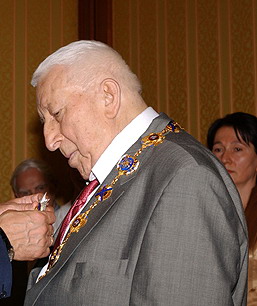
La poesia originale di Rasul Gamzatov (Ħamzatil Rasul) in lingua àvara
Rasul Gamzatov's original poem in the Avar language
Le poème original de Rasul Gamzatov en langue avare
Оригинальное стихотворение Расула Гамзатова на аварском языке
Rasul Gamzatovin alkuperäinen avaarinkielinen runo
Rasul Gamzatov's original poem in the Avar language
Le poème original de Rasul Gamzatov en langue avare
Оригинальное стихотворение Расула Гамзатова на аварском языке
Rasul Gamzatovin alkuperäinen avaarinkielinen runo
La fonte è l'edizione in lingua àvara di Wikipedia. La traslitterazione in caratteri latini è stata condotta in base all'alfabeto latino àvaro in uso ufficiale dal 1928 al 1938, quando fu sostituito ex lege dal cirillico.
The source is Avar Wikipedia. The transcription has been made according to the Latin Avaric alphabet officially in use from 1928 to 1938, when the Cyrillic alphabet was imposed.
The source is Avar Wikipedia. The transcription has been made according to the Latin Avaric alphabet officially in use from 1928 to 1938, when the Cyrillic alphabet was imposed.
ХЪАХӀАЛ КЪУНКЪРАБИ [1]
(Continues)
(Continues)
Contributed by Riccardo Venturi 2018/10/3 - 08:59
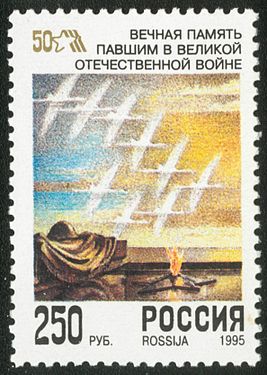
LE GRU
(Continues)
(Continues)
Marc Almond's English version (2003)
La version anglaise de Marc Almond (2003)
Marc Almondin englanninkielinen versio (2003)
"Zhuravli" (Russian: «Журавли́», IPA: [ʐʊrɐˈvlʲi], Cranes), first performed in 1969, is one of the most famous Russian songs about World War II. The poem was originally written in Gamzatov's native Avar language, with many versions surrounding the initial wording. Its famous 1968 Russian translation was soon made by the prominent Russian poet and translator Naum Grebnyov, and was turned into a song in 1969, becoming one of the best known Russian-language World War II ballads all over the world.
The poem's publication in the journal Novy Mir caught the attention of the famous actor and crooner Mark Bernes who revised the lyrics and asked Yan Frenkel to compose the music. When Frenkel first played his new song, Bernes (who was by then suffering from lung cancer) cried... (Continues)
La version anglaise de Marc Almond (2003)
Marc Almondin englanninkielinen versio (2003)
"Zhuravli" (Russian: «Журавли́», IPA: [ʐʊrɐˈvlʲi], Cranes), first performed in 1969, is one of the most famous Russian songs about World War II. The poem was originally written in Gamzatov's native Avar language, with many versions surrounding the initial wording. Its famous 1968 Russian translation was soon made by the prominent Russian poet and translator Naum Grebnyov, and was turned into a song in 1969, becoming one of the best known Russian-language World War II ballads all over the world.
The poem's publication in the journal Novy Mir caught the attention of the famous actor and crooner Mark Bernes who revised the lyrics and asked Yan Frenkel to compose the music. When Frenkel first played his new song, Bernes (who was by then suffering from lung cancer) cried... (Continues)
THE STORKS
(Continues)
(Continues)
Contributed by Riccardo Venturi 2018/10/4 - 12:34
×
![]()

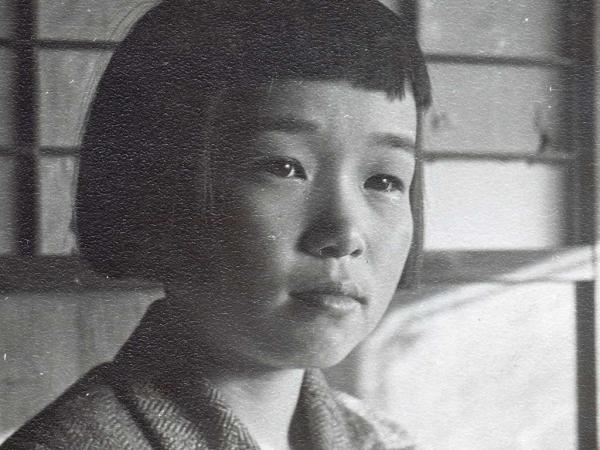
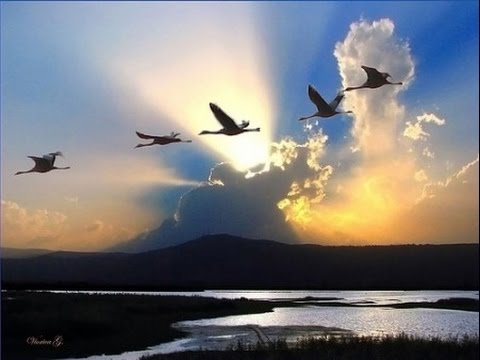
[1968]
Poesia di Rasul Gamzatov (ХӀамзатил Расул) scritta originariamente in lingua àvara
Dalla raccolta "Покуда вертится Земля" [1976]
Traduzione russa di Naum Grebnëv
Musica di Jan Frenkel [1969]
Interpretata da Mark Bernes [Album: Журавли, 1969]
A poem by Rasul Gamzatov (ХӀамзатил Расул) originally written in the Avar language
From the collection of poems "Покуда вертится Земля" [1976]
Russian translation by Naum Grebnyov
Music by Yan Frenkel [1969]
Performed by Mark Bernes [Album: Журавли, 1969]
Оригинальное стихотворение Расула Гамзатова на аварском языке
Из сборника стихов Покуда вертится Земля [1976]
Перевод с аварского Наума Гребнëва
Mузыка Яна Френкеля [1969]
Интерпретировал Марк Бернес [Альбум: Журавли, 1969]
Poème de Rassoul Gamzatov écrit originellement en langue avare
De la collection de poèmes "Покуда вертится Земля" [1976]
Traduction russe de Naoum... (Continues)